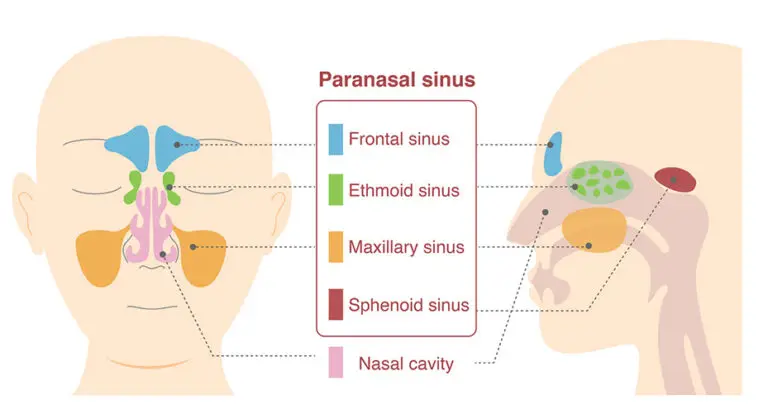The journey through a veteran’s medical disability landscape is fraught with unique challenges and pivotal decisions. Among these, the choice regarding medication and its influence on disability ratings stands out as particularly consequential. For many veterans, this decision is not just about health; it carries substantial implications for their quality of life and financial stability.
Some veterans might consider forgoing medication to secure a higher disability rating, motivated by the prospect of increased financial benefits. While this strategy may offer a short-term financial uplift, the broader repercussions demand thorough evaluation.
Choosing to prioritize disability ratings over effective disease management may lead to considerable long-term health risks:
Worsening of Symptoms: Discontinuing prescribed medications can lead to the aggravation of medical conditions. This not only exacerbates the primary condition but can also trigger secondary health issues, leading to a deteriorating health status that could have been controlled or alleviated with appropriate medication.
Complications: Unmanaged medical conditions can inflict harm on other bodily systems, resulting in serious health consequences.
Decline in Quality of Life: Ceasing essential medications can severely impact a veteran’s quality of life. The ability to perform everyday tasks, engage in social interactions, or maintain some level of independence may be significantly reduced.
For instance, a veteran deciding against their blood pressure medication for a higher disability rating might face dire outcomes, such as an acute stroke or long-term damage to the kidneys, heart, and eyes.
In summary, the decision to forego medication for a higher disability rating is laden with important considerations. Ultimately, prioritizing health and well-being offers a more sustainable path.



